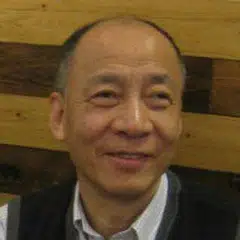
Yu Shiyu
Political commentator
Yu Shiyu is an expert on international issues. He is a political commentator for Singapore's Lianhe Zaobao and a columnist for Malaysia's Sin Chew Jit Poh, as well as a writer for several newspapers and magazines in China. He holds a doctorate from the University of Columbia, and currently works with a government research organisation in Canada, while carrying out research on Asian history and culture. He was previously awarded the Barwis Holliday Award by the Royal Asiatic Society. His academic works in the US and UK have been translated into Chinese and Japanese and released in Taiwan and Japan.